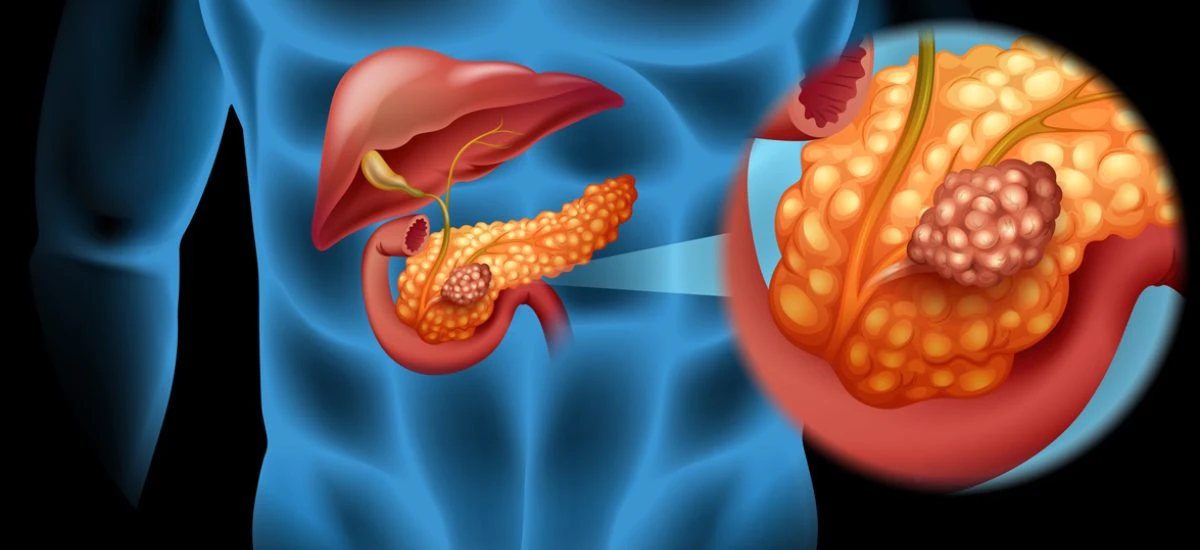
Pancreatic cancer is a type of cancer that develops in the pancreas, a gland situated behind the stomach. This vital organ performs two key functions: producing hormones that regulate blood sugar and creating digestive enzymes that help break down food. When abnormal cells grow uncontrollably in the pancreas, it can lead to pancreatic cancer, which often progresses with minimal early symptoms.
Symptoms of pancreatic cancer may vary depending on the stage and location of the tumor. Common signs include:


Pancreatic cancer occurs in several forms, with pancreatic adenocarcinoma being the most common type (over 90% of cases). In addition to adenocarcinoma, other less common types include:
While the exact cause is often unknown, several factors can increase the risk of developing pancreatic cancer:


Treatment for pancreatic cancer may include surgery, chemotherapy and radiation therapy. The specific treatment recommended will depend on the stage of the cancer, the type of cancer and the overall health of the patient.
Gem Cancer Centre takes pride as Prof C Palanivelu , the Chairman of Gem Hospital & Gem Cancer Centre was the first surgeon in the world to perform Laparoscopic Whipples operation for cancer pacers , considered to be one of the most difficult surgeries in the abdomen.He and his team have performed more than 250 laparoscopic/Robotic Whippies surgeries with the best outcomes